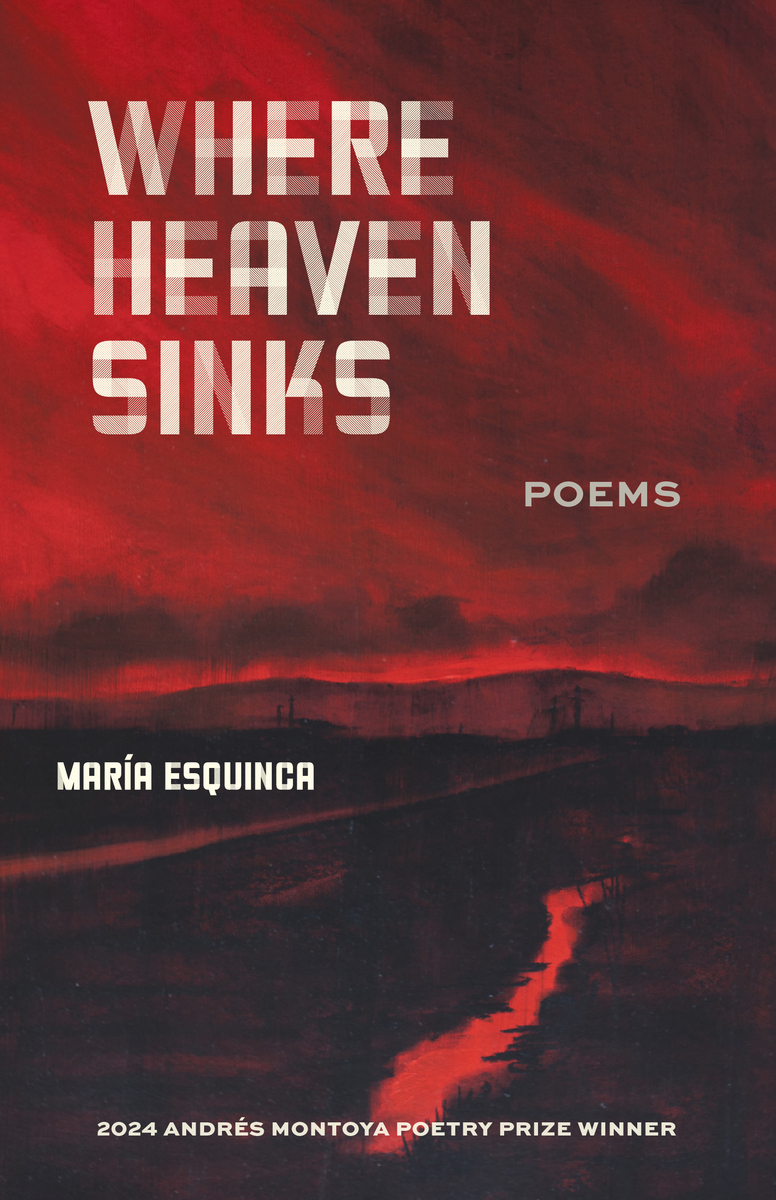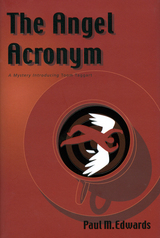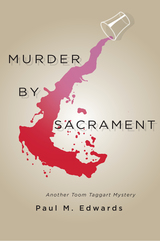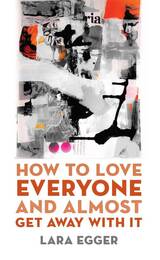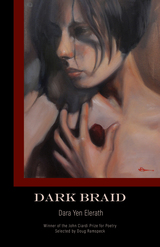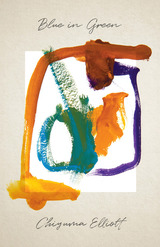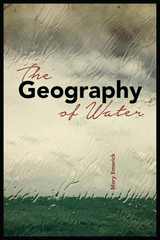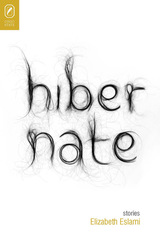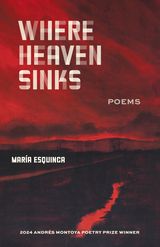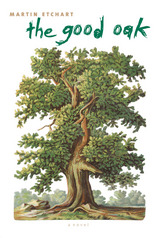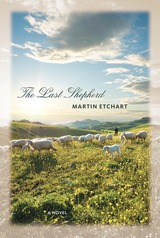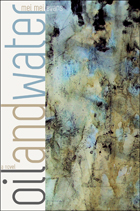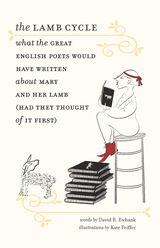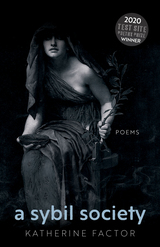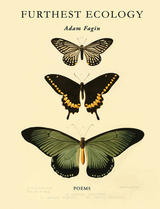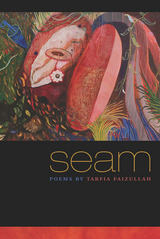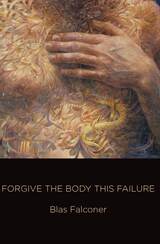Where Heaven Sinks: Poems
University of Nevada Press, 2025
Paper: 978-1-64779-217-6 | eISBN: 978-1-64779-218-3
Library of Congress Classification PS3605.S673W47 2025
Dewey Decimal Classification 811.6
Paper: 978-1-64779-217-6 | eISBN: 978-1-64779-218-3
Library of Congress Classification PS3605.S673W47 2025
Dewey Decimal Classification 811.6
ABOUT THIS BOOK | AUTHOR BIOGRAPHY | REVIEWS | TOC | REQUEST ACCESSIBLE FILE
ABOUT THIS BOOK
María Esquinca delivers a searing collection of poems that traverse borders—both physical and emotional. Set against the backdrop of El Paso and Ciudad Juárez, these experimental works weave fragmented verses, striking imagery, and bold typography to confront the brutal realities of immigration and identity. With the precision of a journalist and the heart of a storyteller, Esquinca exposes injustice while celebrating resilience and hope. Her work is shaped by the intersection of cultures, histories, and experiences found in the US-Mexico borderlands. Each poem is a tribute to those who have endured and a call to challenge the systems that oppress. Where Heaven Sinks is a love letter, a memorial for those lost, and a testament to the transformative power of language.
See other books on: Hispanic & Latino | Poems | Poetry | Political & Protest | Subjects & Themes
See other titles from University of Nevada Press
